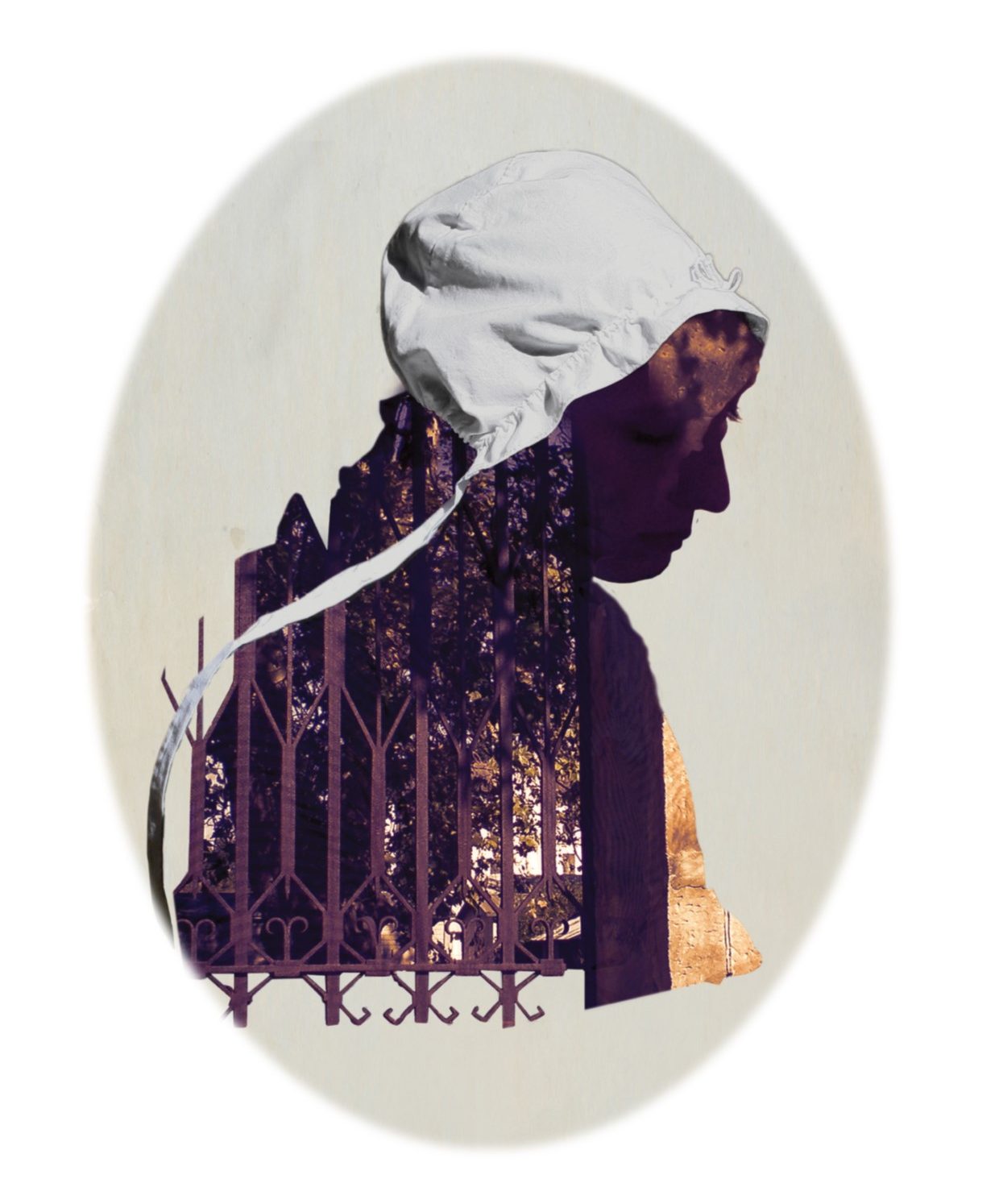Meg Keneally has applied her journalist skills to writing historic fiction, including the Monsarrat Series of Colonial mysteries. She is a direct descendant of a female factory woman – Mary Shields. There are thousands of stories here, carried through the gates by the women who lived them.
It might be easy to see them as a mass, an ocean of women propelled here by circumstance and a criminal justice system which often didn’t distinguish between petty theft and attempted murder, exiled to an unknowable place from which there was no return, each equally wretched, equally misused, all of them wearing the same torn dress, the same face of want.
We mustn’t, though, see them as a sea of indistinguishable unfortunates. Because it’s only when we see them as individuals that they have something to teach us.
One of those individuals was my great great grandmother. Mary Shields was transported for stealing clothes during what was known in Ireland as the summer famine, the time between the oatmeal running out and the potatoes coming in. She brought with her a young boy, who would spend a large portion of his childhood in the factory.
Mary was a good girl, a first class convict. Like many others, she stood in the committee room to be looked over by prospective masters. Like many others, she was assigned as a servant. She was given a few shillings and told to walk to a property in Cooma, her young son in tow. There, she met my great grandfather, transported after a run-in with his landlord, and went on to have other children.
I think of her often, especially when beset by what we now call first world problems. When the wifi’s down. When the traffic’s bad. When I can’t get a park at the supermarket, on my way in to buy food which would have sent her into raptures.
I think about a time when survival was an achievement. When getting your kids out of infancy alive was an achievement. When surviving childbirth was an achievement. This last was an achievement my great-great grandmother was unable to accomplish. She died giving birth at the age of 36.
And from my privileged perch, I think about how Mary never stood a chance in a world where the poor, and particularly women, were penalised for their lack of resources. We have come a long way since then, of course, but while there are people in our community who lack opportunity, who do not eat as equal partners at the great Australian table, it is useful to look back to these women and remind ourselves that we have further to go.
Mary, along with many others who came here, was faced with a choice between theft and starvation. Given how the courts dealt with these crimes, the authorities probably would have preferred her to choose starvation.
She did not, and with tens of thousands of others she went on to become one of a group of women who are ancestors to an estimated 1.7 million Australians. Their stories were largely untold.
Their Antipodean stories started in the Parramatta Female Factory, and have inched down through the generations. They continue in the lives of many of those here today, many who are living the continuing story started by their ancestors. And when it comes to Mary Shields, my greatest hope is that I tell it well.
